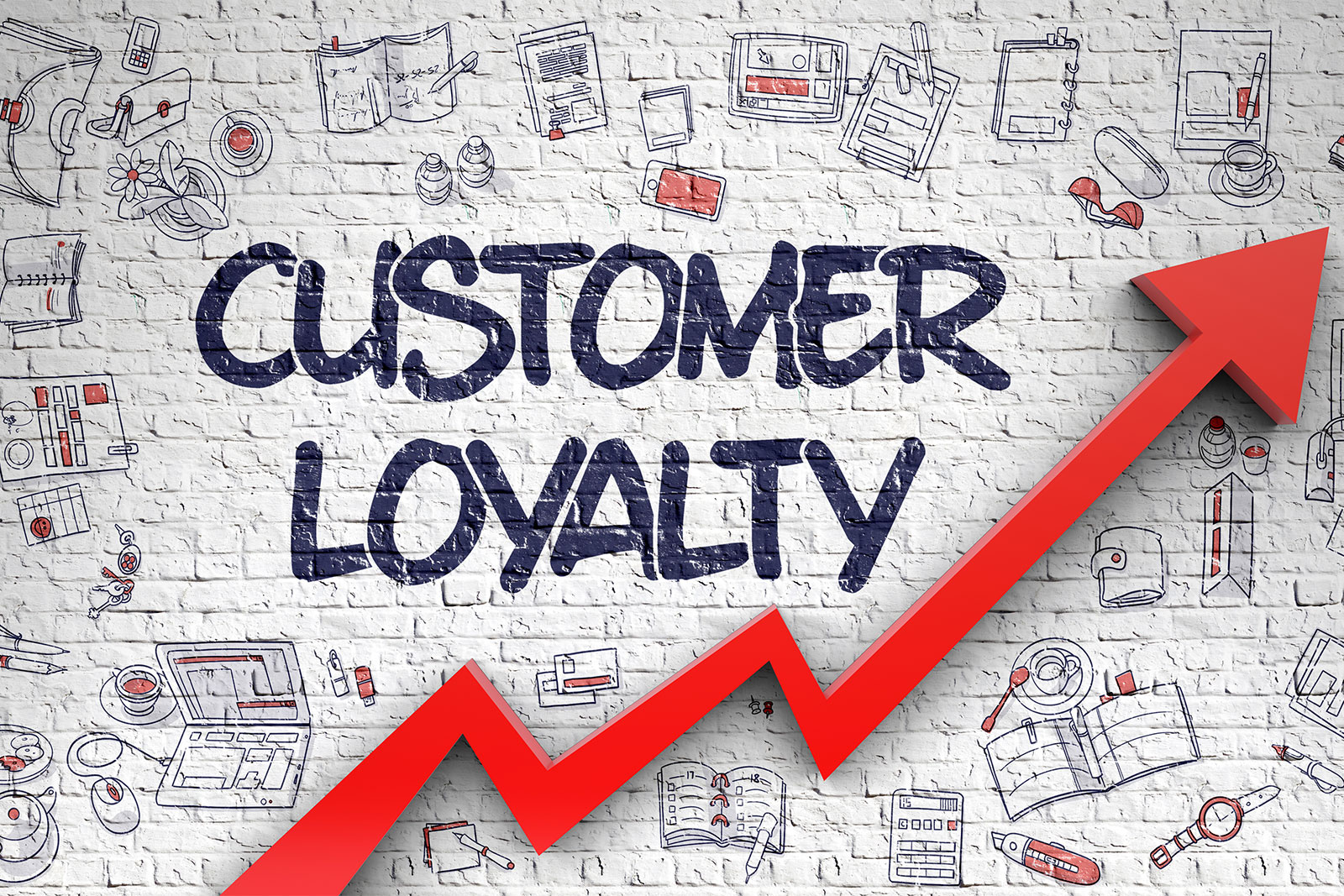What is Business Scalability?
Business scalability is the capability of a business to handle a growing amount of work or demand without sacrificing performance, efficiency, or profitability. In simpler terms, it’s about being able to grow in size and reach without facing major obstacles, such as increased costs, diminished quality, or slower delivery times.
A scalable business has the infrastructure, processes, and resources in place to accommodate growth, whether that means expanding to new markets, increasing production capacity, hiring more staff, or launching new products or services.
Why is Business Scalability Important?
1. Sustained Growth
Scalability is crucial for businesses aiming for long-term success. As companies grow, they must be able to adapt quickly to new demands without overhauling their entire operations. Scalability enables businesses to handle growth more smoothly, ensuring that they can expand without major disruptions or inefficiencies.
2. Cost Efficiency
digital-marketing-tips.info/ can grow without experiencing a proportionate increase in operational costs. This means that as revenue increases, costs are managed effectively, resulting in higher profit margins. This is often achieved by streamlining processes, automating tasks, and leveraging technology to increase efficiency.
3. Adaptability
Businesses that are scalable are more adaptable to changes in the market, consumer behavior, or industry trends. When a company has the ability to scale, it can pivot more quickly and seize new opportunities for growth, whether it’s launching a new product, entering a new market, or adjusting to economic shifts.
4. Attracting Investment
Investors are more likely to fund businesses with scalability potential. Scalable businesses are viewed as more promising because they offer the opportunity for significant returns without incurring proportionally higher costs. This makes them appealing to venture capitalists, angel investors, and other funding sources.
5. Competitive Advantage
Scalability provides a competitive advantage by enabling businesses to grow faster than their competitors. A scalable company can expand its reach, offer more products or services, and serve a larger customer base more efficiently, creating a barrier to entry for other businesses.
6. Long-Term Sustainability
Scalability is essential for maintaining long-term sustainability. As a business scales, it’s important to have the infrastructure in place to support growth while maintaining a high level of quality, customer service, and brand reputation. Scalable businesses are positioned to thrive over time, rather than face collapse when growth becomes unsustainable.
Key Factors for Building a Scalable Business
To create a business that is capable of scaling effectively, companies must focus on several key factors that allow them to grow while maintaining operational efficiency and profitability. These factors include:
1. Process Optimization
Efficient processes are the foundation of scalability. Streamlining workflows, eliminating bottlenecks, and reducing inefficiencies will allow your business to handle more work without overextending resources. Optimizing processes ensures that your operations can handle an increase in volume while maintaining performance.
- Example: Automating routine tasks like inventory management, order processing, and customer support can free up valuable time for employees to focus on higher-value tasks and enable the business to operate more efficiently.
2. Technology and Automation
Technology is a game-changer when it comes to scalability. By implementing the right software, tools, and platforms, businesses can automate tasks, improve communication, and scale operations without increasing costs proportionally.
- Example: Cloud-based systems allow businesses to scale IT infrastructure quickly, while customer relationship management (CRM) systems help track and manage customer interactions as the business grows. Automated marketing tools can also handle increased demand for customer outreach and engagement.
3. Strong Leadership and Management Systems
Scalable businesses require strong leadership to guide growth and ensure that systems, processes, and teams are well-managed. As your company expands, it’s important to have a leadership structure that can manage the increased complexity and maintain a clear strategic direction.
- Example: Setting up clear reporting lines, defining roles, and creating an effective decision-making process will enable your leadership team to focus on high-level strategy while allowing others to execute day-to-day operations.
4. Flexible Infrastructure
Your company’s physical infrastructure and resources must be able to handle growth. This means ensuring that your facilities, production capabilities, supply chain, and logistics can be scaled up to accommodate higher demand.
- Example: If you’re running a retail business, this could mean expanding warehouse space or improving delivery logistics to ensure faster fulfillment as orders increase. For a tech company, it could mean investing in scalable server infrastructure or software that can handle more users.
5. Human Resources
A scalable business needs to have the right people in place. As your company grows, you’ll need to hire and train employees who can support the increased workload. However, scalability also means not just hiring more people, but also managing talent effectively, building strong teams, and providing opportunities for employees to grow within the company.
- Example: Investing in employee training programs or adopting performance management systems can help ensure that your team members are well-equipped to handle new challenges and responsibilities as your business scales.
6. Customer Experience
As your business grows, it’s essential to maintain a consistent and high-quality customer experience. A scalable business should be able to handle an increasing number of customers while still providing excellent service and support.
- Example: Implementing scalable customer support systems, like AI-powered chatbots or an efficient help desk software, can help address customer inquiries faster as demand increases, ensuring customer satisfaction remains high.
7. Financial Planning
Scalability also requires careful financial planning. As your business grows, you’ll need to manage cash flow, secure funding, and allocate resources effectively. A well-thought-out financial strategy will ensure that the costs associated with scaling are sustainable.
- Example: Forecasting future revenue and expenses, understanding profit margins, and setting aside capital for reinvestment into scalable initiatives will ensure that your business has the financial flexibility to grow without running into liquidity issues.
8. Marketing and Brand Development
As your business expands, it’s important to ensure that your brand identity and marketing efforts scale with you. Developing a consistent and effective marketing strategy that can reach a wider audience is essential for driving growth and increasing brand awareness.
- Example: Using digital marketing tools and social media platforms, you can scale marketing efforts to reach a larger audience without the need for proportionately higher costs. Leveraging data-driven marketing strategies can help target the right customers and optimize campaigns for greater return on investment.
Steps to Scale Your Business Effectively
Scaling a business requires careful planning and execution. Below are the essential steps to scaling your business successfully:
1. Evaluate Your Current State
Before you scale, it’s essential to assess your current operations, products, services, and customer base. Identify any weaknesses or inefficiencies in your processes that could hinder growth. A solid understanding of where you currently stand will allow you to make informed decisions as you scale.
2. Develop a Scalable Strategy
Create a clear roadmap for scaling your business. Define your growth goals, target markets, and the resources required to scale. Your strategy should include a detailed plan for managing increased demand, hiring additional staff, increasing production capacity, and investing in technology.
3. Leverage Technology and Automation
Invest in scalable technology solutions that allow your business to grow efficiently. Automation tools, cloud-based systems, and customer relationship management (CRM) platforms can help you manage increased demand without sacrificing quality or customer satisfaction.
4. Optimize Your Operations
Identify areas where you can optimize processes and eliminate inefficiencies. Streamlining your supply chain, improving production workflows, and automating routine tasks will help your business scale smoothly while keeping costs under control.
5. Focus on Customer Retention
Acquiring new customers is important, but retaining existing customers is equally crucial for sustainable growth. Providing excellent customer service, listening to feedback, and continually improving your offerings will help you build a loyal customer base that will continue to support your business as it scales.
6. Monitor and Adapt
Scalability is not a one-time process; it’s an ongoing effort. Continuously monitor your progress, track key performance indicators (KPIs), and be prepared to adapt your strategy as market conditions and customer needs change.
Conclusion
Business scalability is an essential aspect of building a successful, long-term business. By focusing on process optimization, technology, leadership, infrastructure, and customer experience, businesses can create systems and structures that allow them to grow without compromising efficiency or quality. Scalability enables companies to handle increased demand, expand into new markets, and achieve long-term sustainability, while providing a solid foundation for profitability and competitive advantage.
To scale successfully, businesses must be strategic, adaptive, and committed to investing in the right resources and infrastructure. When done correctly, scalability can help your business achieve sustainable growth and thrive in an ever-evolving marketplace.





